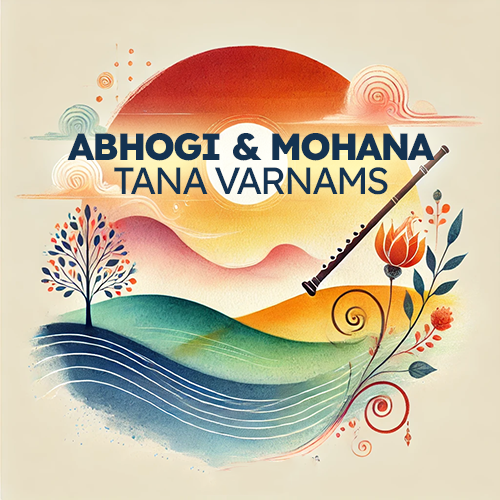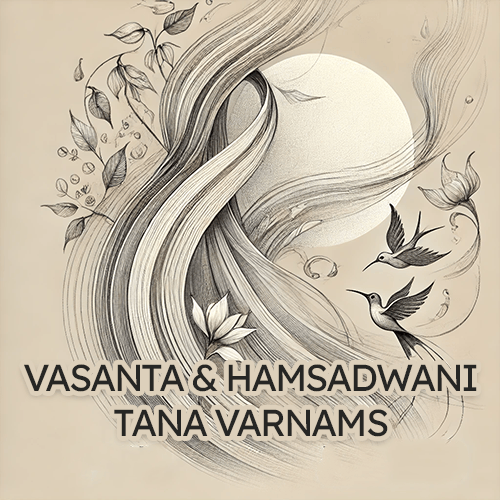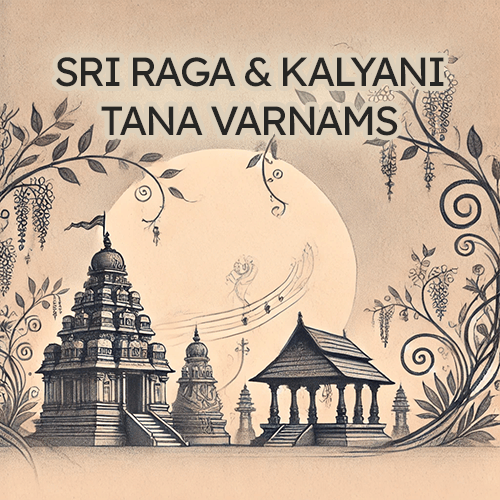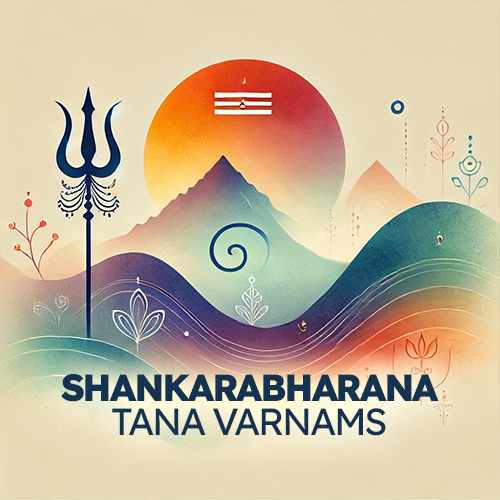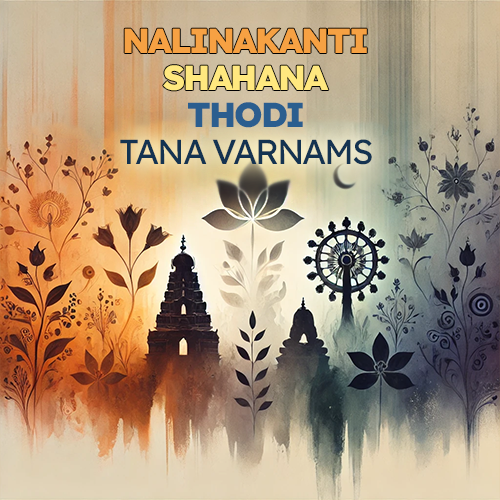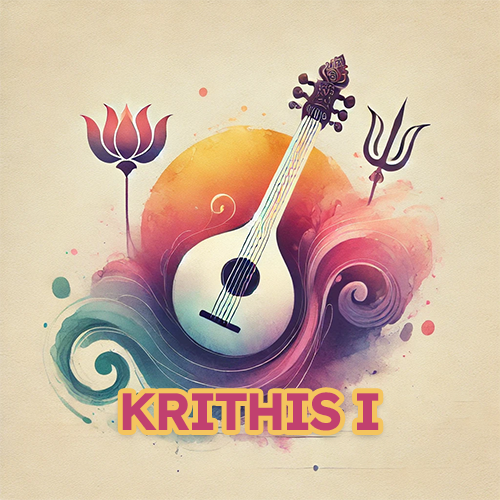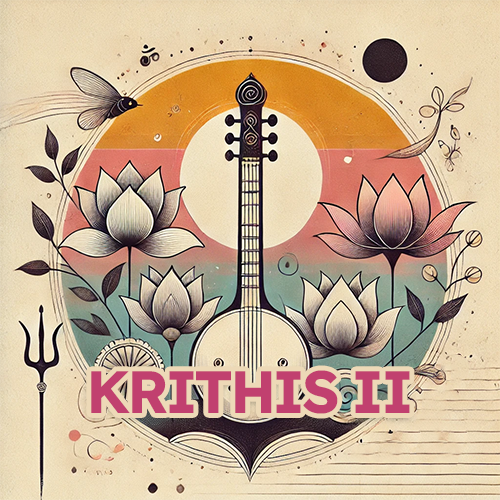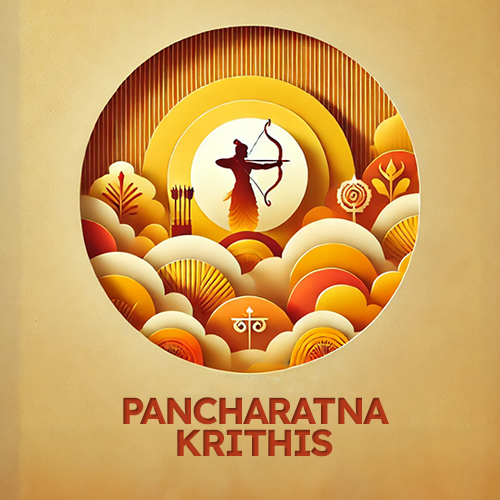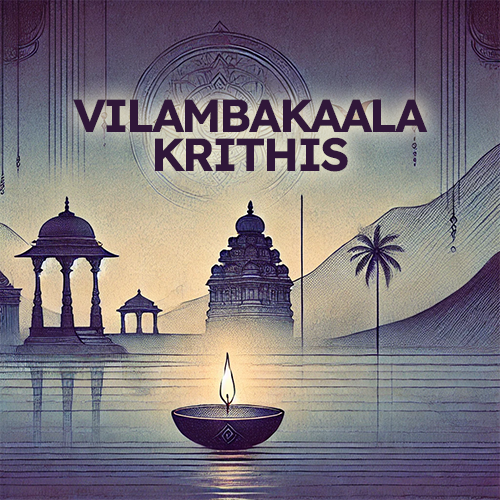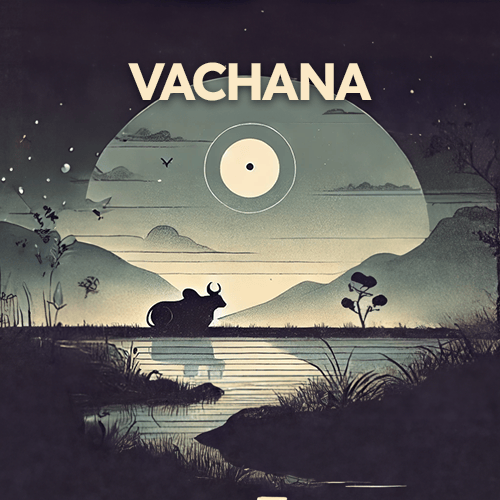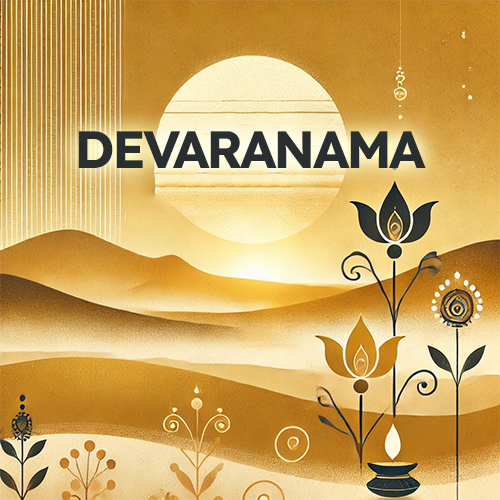Discover the Beauty of Carnatic Vocals
Immerse yourself in the rich heritage of South Indian classical music. Our curriculum is designed to take you from the foundational exercises of Sarali Varisai to the complex artistry of Krithis and Kalpanaswaras.
Why Learn Carnatic Classical?
Build a Solid Foundation
Develop a strong vocal base by mastering fundamental exercises like Varisais, Alankarams, and Geethams.
Master Rhythm and Melody
Grasp the intricate concepts of Tala (rhythm) and Raga (melody) through the structured compositions of Varnams.
Expressive and Devotional Singing
Learn to convey deep devotional and emotional themes by rendering Krithis, Padams, and Javalis with precision and feeling.
Carnatic Classical Courses
Carnatic Beginners? Start Here!
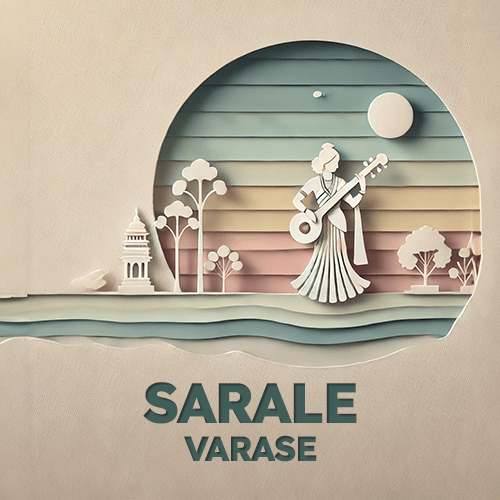
Sarale Varase
42 lessons
Sarale varase are the first set of exercises that a student is supposed to practice. These exercises are very simple combinations of the seven notes and help the student grasp basic concepts like shruti, swara, taala, etc. All the exercises are in Raga Mayamalavagowla.
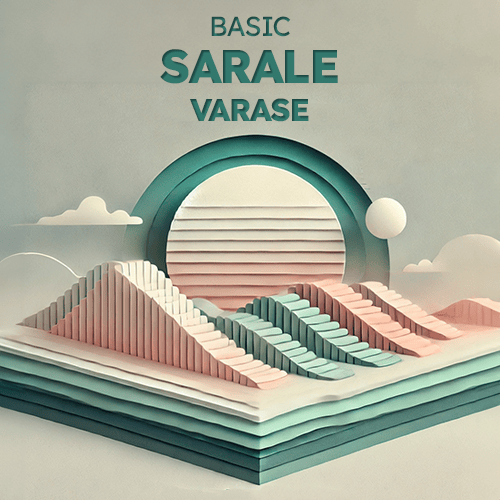
Basic Sarale Varase
34 lessons
This course comprises of the fundamental exercises that are needed to get you started with a lifetime of learning singing in the Carnatic style. It consists of videos introducing you to the concepts of sruti, tanpura, svara and svarasthana, exercises to practise single svaras and sarali svaras of different complexities. All the exercises are in the scale structure of the raaga Mayamalavagowla. These are the first exercises any student of Carnatic music would practise.
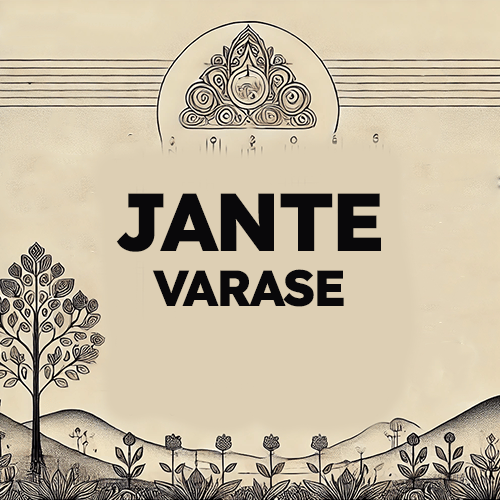
Jante Varase
15 lessons
Jante Varse are various exercises in which each note of the seven notes is repeated twice. These are fundamental exercises taught at the beginning of the Carnatic music journey to get you ready for singing in the Carnatic style. All the exercises are in Raga Mayamalavagowla.
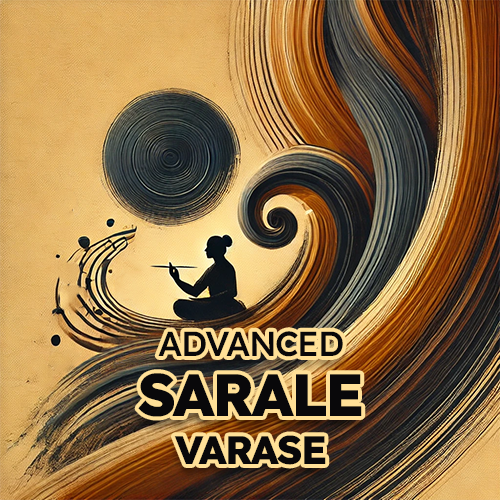
Advanced Sarale Varase
22 lessons
Teach yourself vocal precision and dexterity by practising various types of swara patterns
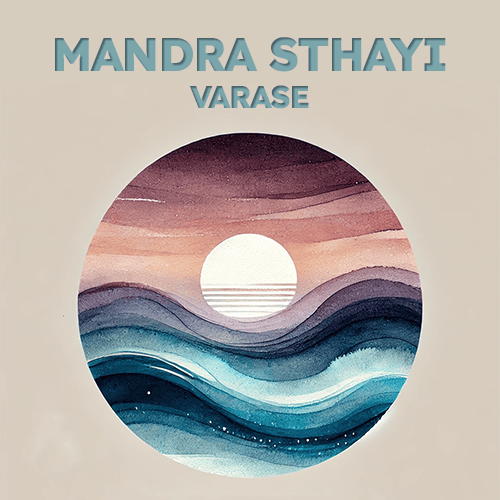
Mandra Sthayi Varase
12 lessons
Mandra Sthayi Varase are exercises sung in the descending order of the seven notes and include notes below "lower Sa" in the lower octave or mandra sthayi. These are also called Taggusthayi varase. Practice of these exercises will help students to develop the ability to sing lower notes, which they will come across in more complex compositions. All the exercises are in Raga Mayamalavagowla.
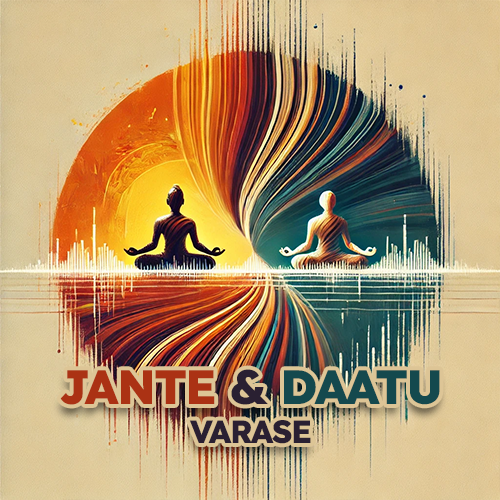
Jante & Daatu Varase
20 lessons
Master swara doublets and jumps
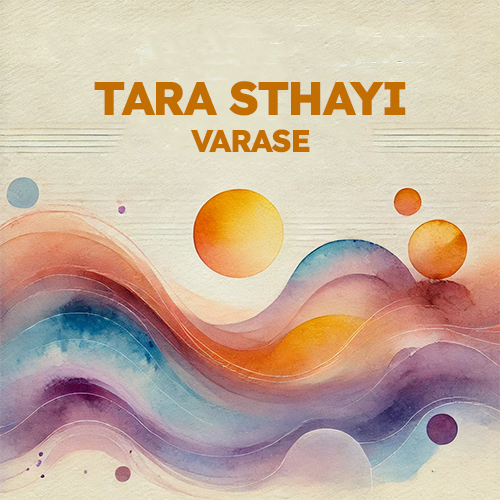
Tara Sthayi Varase
12 lessons
Tara Sthayi Varase are exercises that include notes in the higher octave i.e. notes above "higher Sa". Their practice helps the student to open up their voice and increase their vocal range. Each subsequent exercise includes one more note from the next octave (till Ma). These exercises are to be practised in increasing speeds. All the exercises are in Raga Mayamalavagowla.
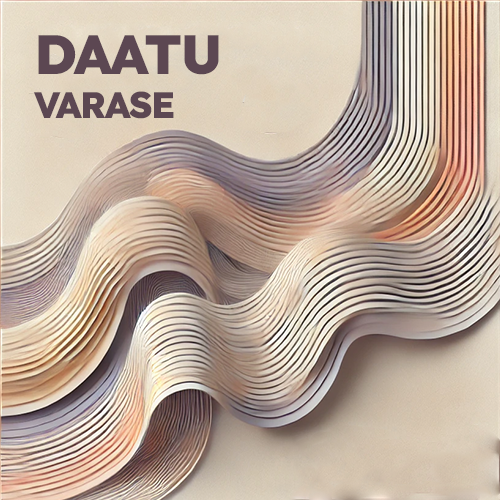
Daatu Varase
9 lessons
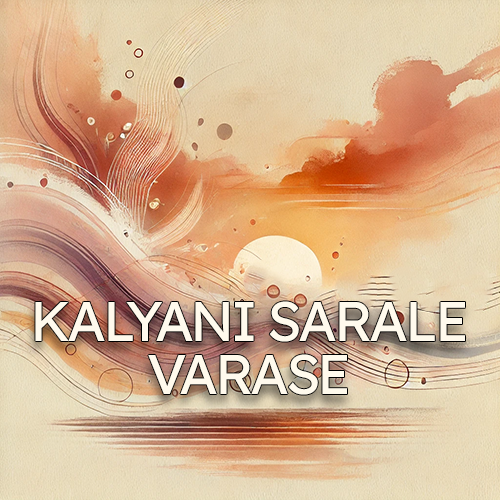
Kalyani Sarale Varase
15 lessons
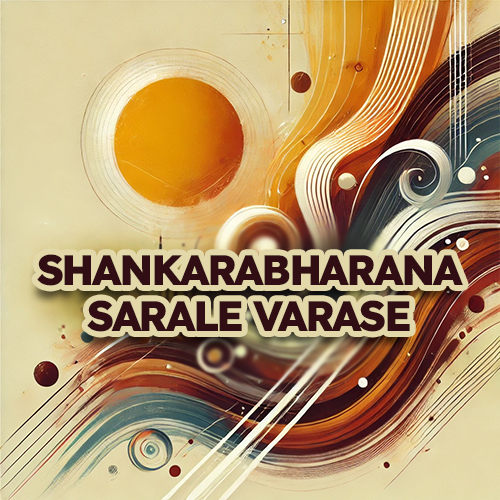
Shankarabharana Sarale Varase
15 lessons
Geethe
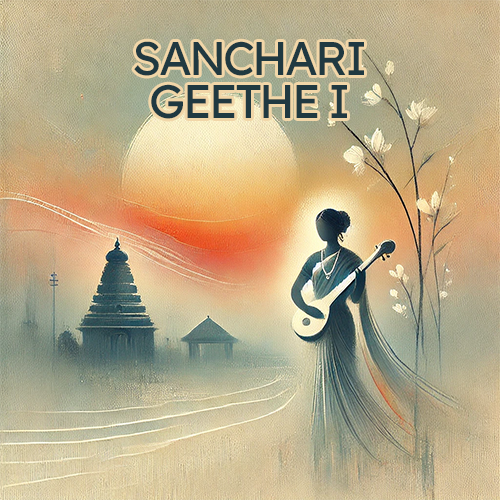
Sanchari Geethe I
15 lessons
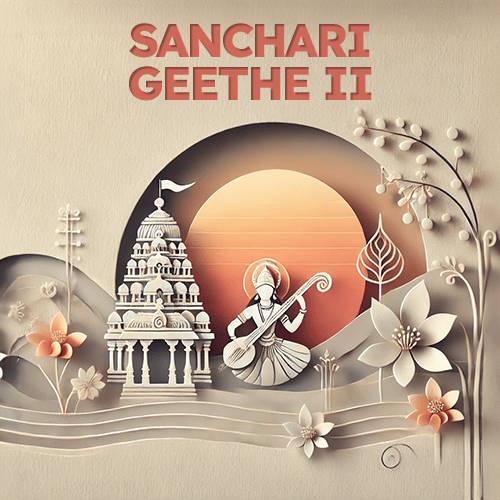
Sanchari Geethe II
15 lessons
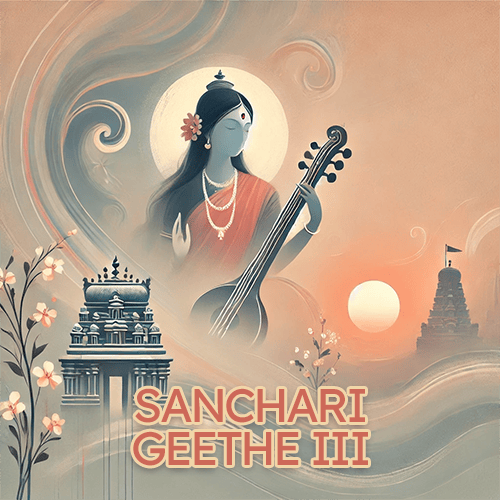
Sanchari Geethe III
7 lessons
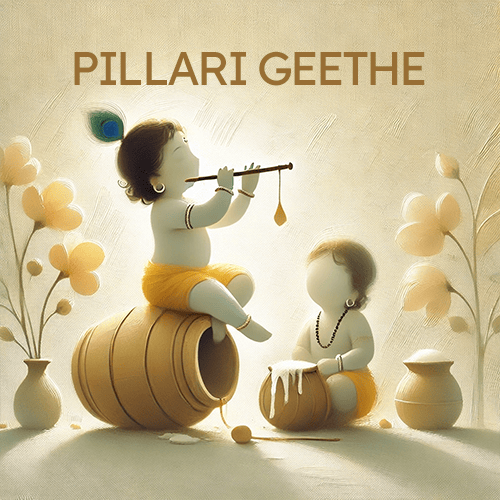
Pillari Geethe
17 lessons
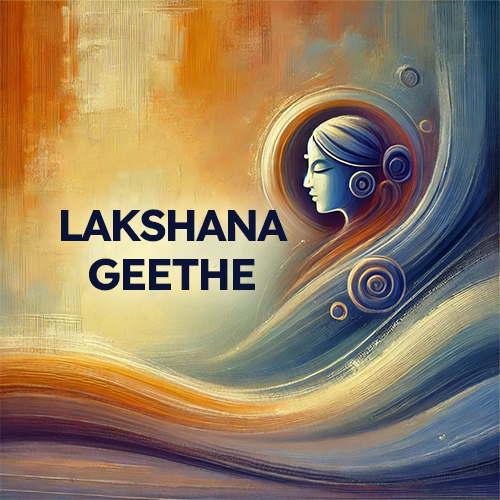
Lakshana Geethe
21 lessons
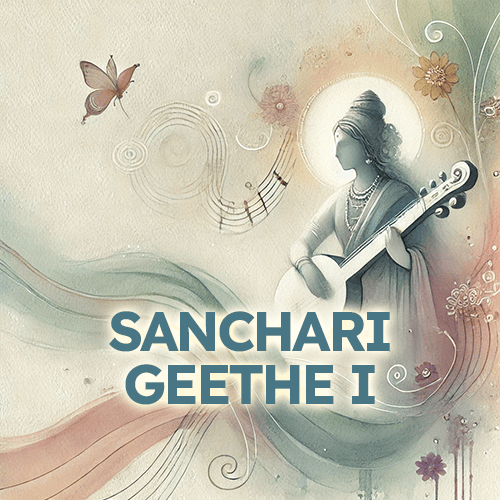
Sanchari Geethe I
21 lessons
Geethe are short, simple, devotional melodic compositions through which one is introduced to various ragas and taalas through simple compositions that have sahitya or lyrics. The taalas learnt in the alankaras of the basic lessons are used in geethe. Hence geethe acts as a bridge between the basic lessons and the complex compositions like varna and kriti. In this course we will learn Sanchari geethe in Raga Anandabhairavi, Raga Mohana and Raga Suddha Saveri.
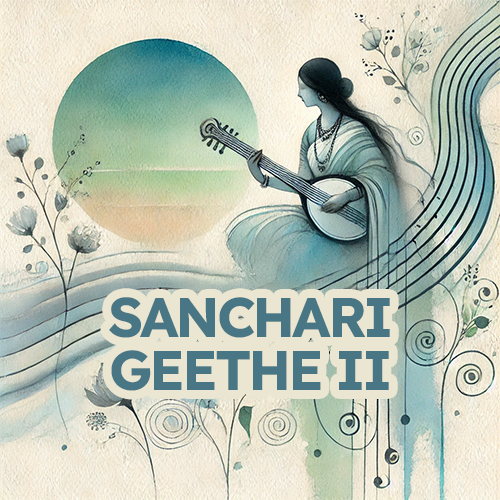
Sanchari Geethe II
14 lessons
Geethe are short, simple, devotional melodic compositions through which one is introduced to various ragas and taalas through simple compositions that have sahitya or lyrics. The taalas learnt in the alankaras of the basic lessons are used in geethe. Hence geethe acts as a bridge between the basic lessons and the complex compositions like varna and kriti. In this course we will learn Sanchari geethe in Raga Kalyani and Raga Mayamalavagoula.
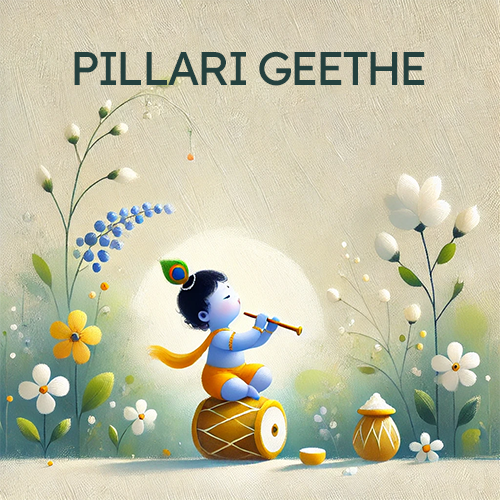
Pillari Geethe
22 lessons
Geethe are short compositions through which one is introduced to various ragas and taalas through simple compositions that have sahitya or lyrics. These are simple devotional melodic compositions. The taalas learnt in the alankaras of the basic lessons are used in geethe. Hence geethe acts as a bridge between the basic lessons and the complex compositions like varna and kriti. In this course we will learn an invocatory composition on Lord Ganesha in Raga Malahari
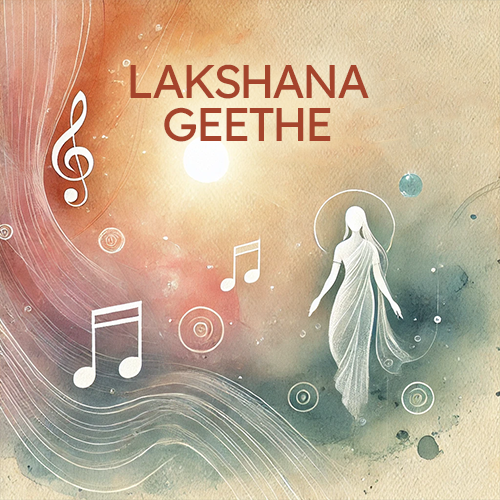
Lakshana Geethe
21 lessons
A lakshanageethe is a simple composition that is composed in the raga it describes about. The sahitya or lyrics of the geethe specify the name of the raga, whether it is a parent(melakarta/janaka) raga or child(janya) raga, the kind of swaras in that raga and the tala it is composed in, along with salutationary lyrics in the beginning and end of the geethe.In this course we will learn Lakshanageethe in Raga Hamsadhwani, Raga Kalyani and Raga Kharaharapriya.
Nottuswaram
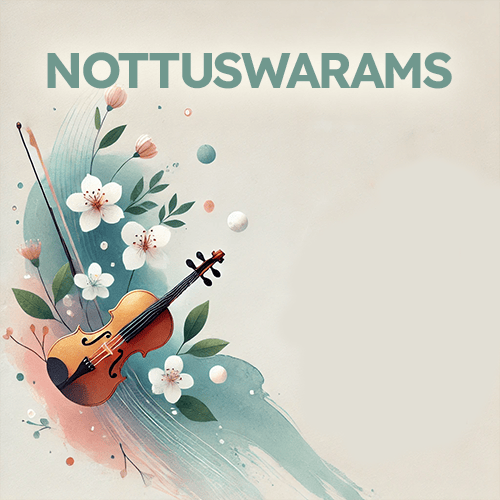
Nottuswarams
6 lessons
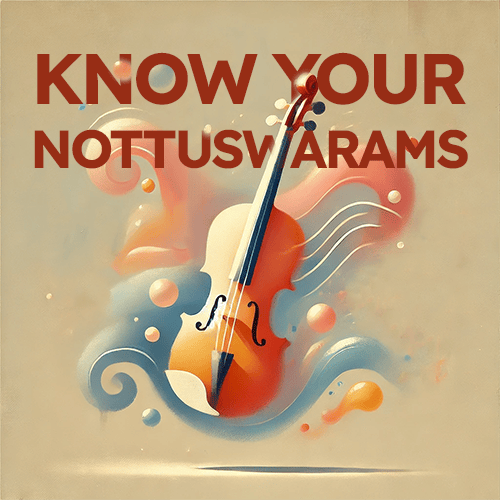
Know your Nottuswarams
22 lessons
Raga Shankarabharanam has all the seven notes. Arohana has S R2 G3 M1 P D2 N3 Ṡ, Avarohana has Ṡ N3 D2 P M1 G3 R2 S. Singing of exercises helps in getting an idea about the swara sthanas or places of notes. Nottuswarams are the small songs which resemble western melodies composed by Sri Mutthuswami Dikshitar in the language Sanskrit.This course is brought to you by SaPa. Tutors and contributors for this course include K. Shruthiranjani, Gayathri Prakash,Vivek Sadasivam and Abishek Sridhar (Voice), Ambi Subramaniam (Violin) and B S Prashanth (Mridangam).
Jathiswara
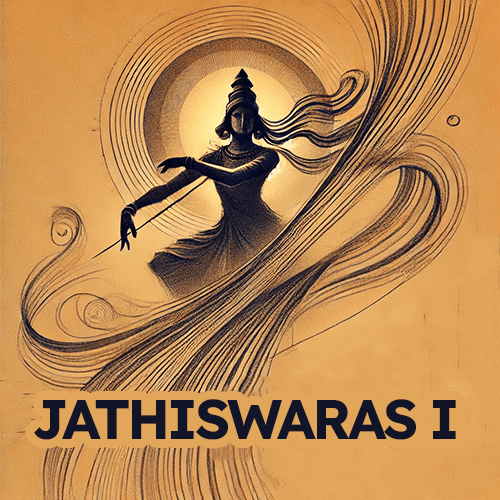
Jathiswaras I
25 lessons
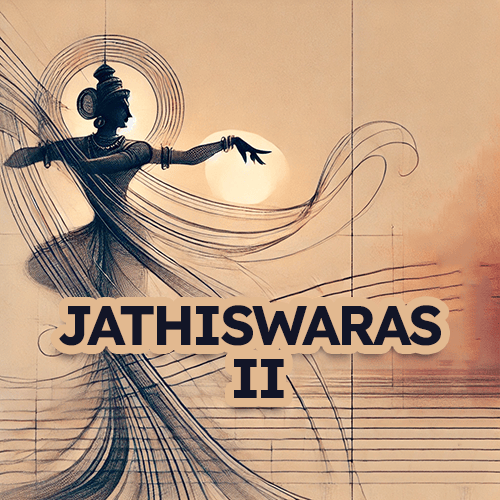
Jathiswaras II
27 lessons
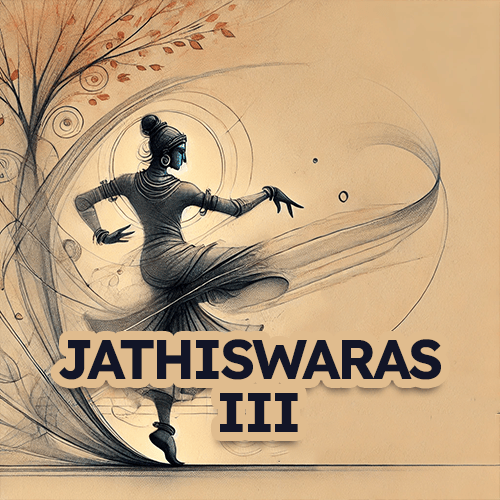
Jathiswaras III
22 lessons
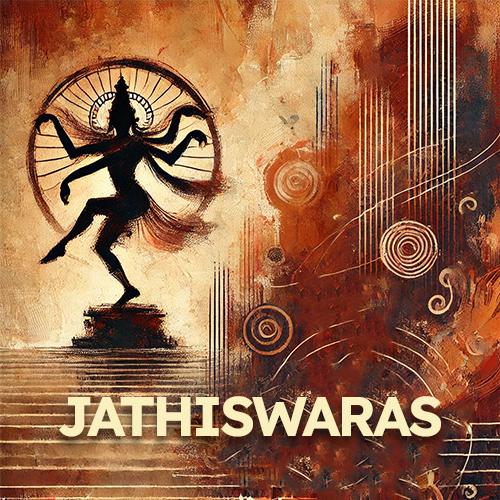
Jathiswaras
39 lessons
A Jathiswara is a Bharathanatyam dance composition, which is a convergence of melody,meter and dance movements. This contains intricate sequences that are fused with repetitive musical notes. Jathis or the rhythmic pieces danced to narrated syllables, are executed combining swara passages in a particular raga and tala. The composition does not convey any specific meaning as the it is devoid of lyrics, but the listener experiences pure joy of melody, rhythm and movement.
Swarajathi
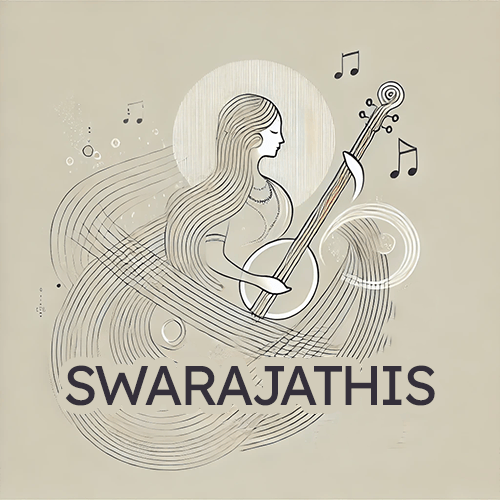
Swarajathis
8 lessons
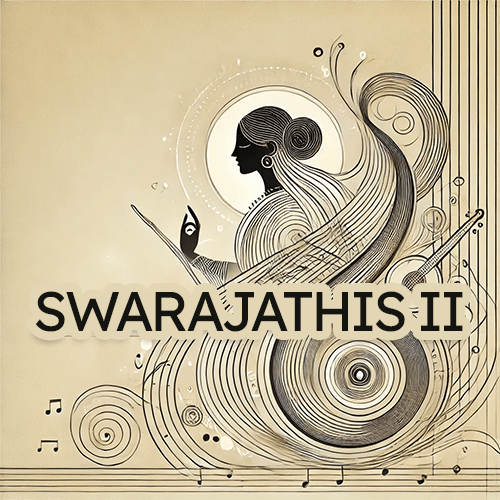
Swarajathis II
26 lessons
Swarajathis are foundational compositions in Carnatic music, typically taught to students early in their training. These pieces combine swaras (notes) and sahitya (lyrics) in a structured manner, introducing learners to the basics of rhythm, melody, and lyrical expression. Swarajathis usually comprise pallavi (opening section), anupallavi (second section), and multiple charanams (verses), providing a comprehensive framework for students to practice and understand different ragas and talas (rhythmic cycles). They are an essential stepping stone in the journey of mastering more complex compositions and improvisations in Carnatic music.
Varnams
Krithis
Malayalam
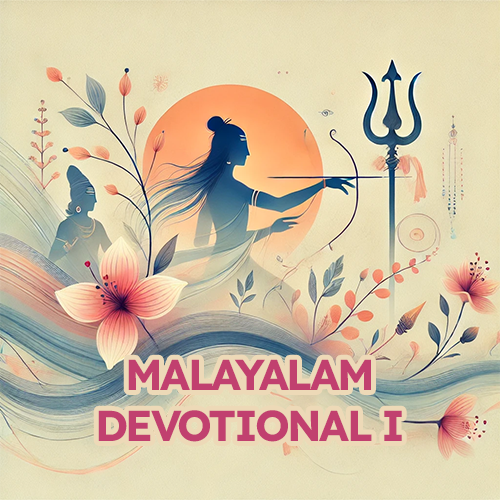
Malayalam Devotional I
17 lessons
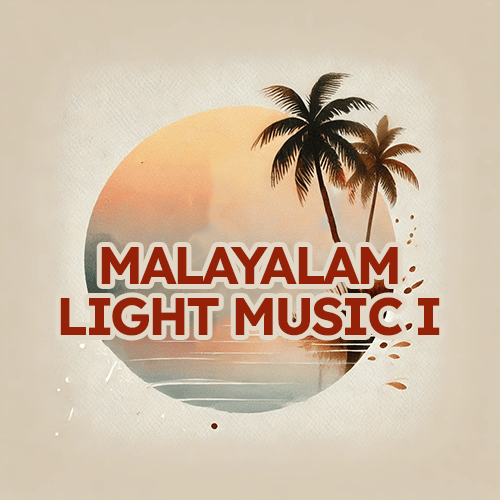
Malayalam Light Music I
25 lessons
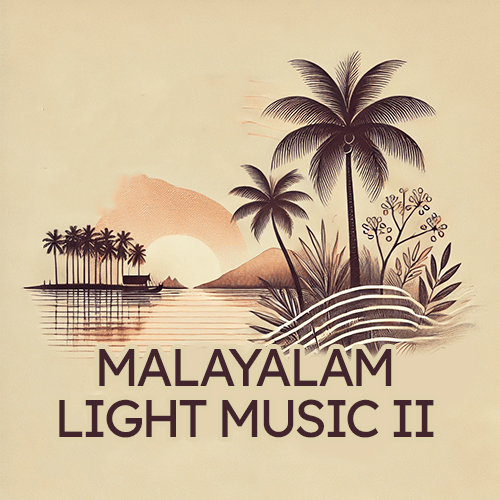
Malayalam Light Music II
25 lessons
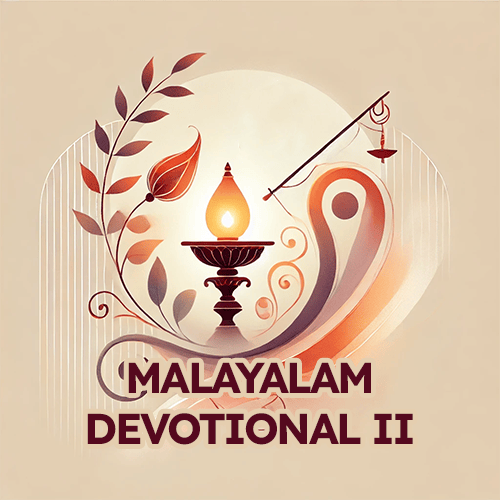
Malayalam Devotional II
16 lessons
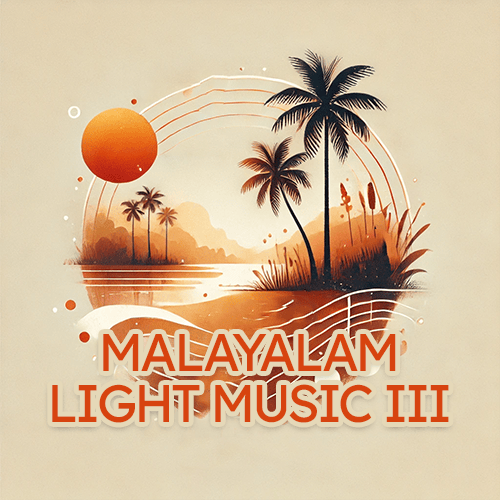
Malayalam Light Music III
27 lessons
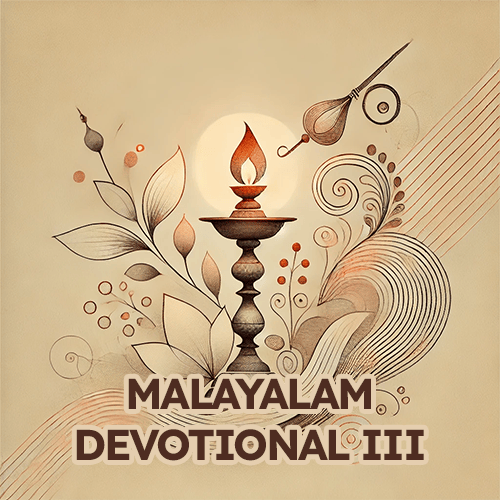
Malayalam Devotional III
16 lessons
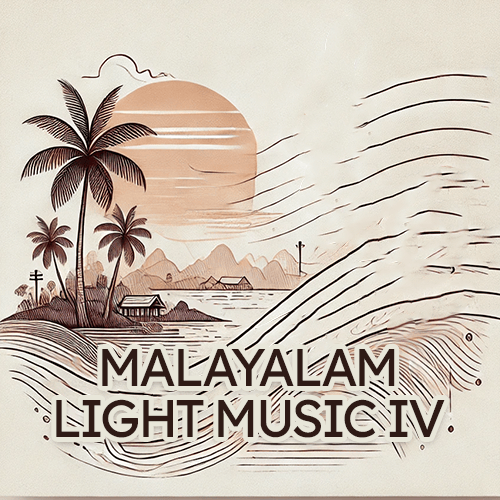
Malayalam Light Music IV
27 lessons
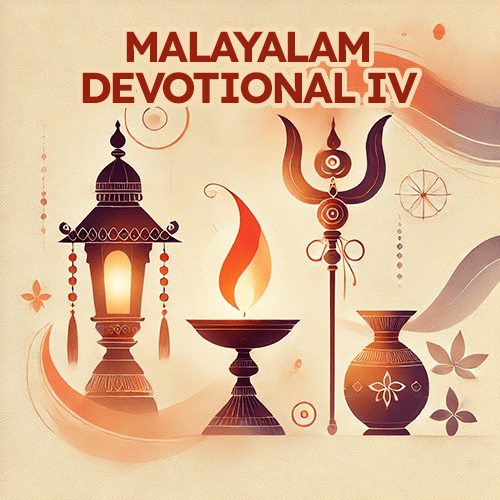
Malayalam Devotional IV
16 lessons
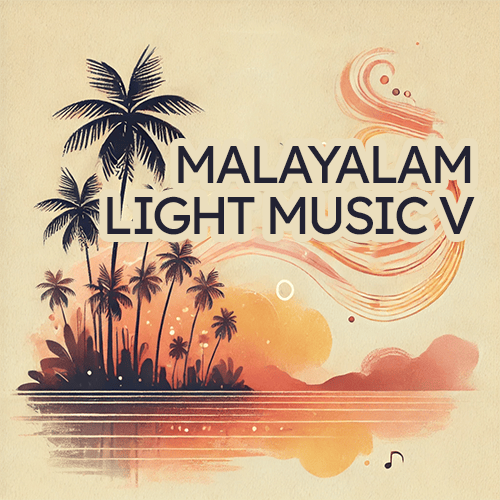
Malayalam Light Music V
13 lessons
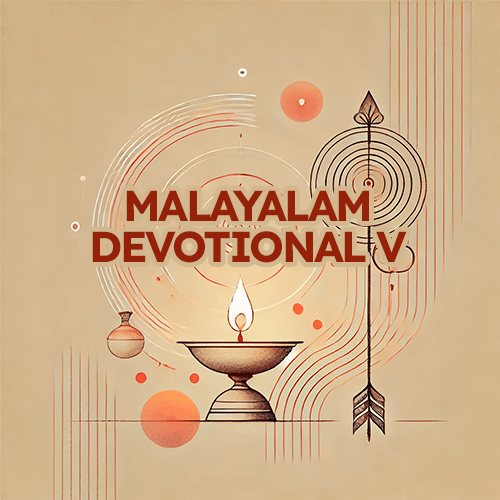
Malayalam Devotional V
8 lessons
Telugu
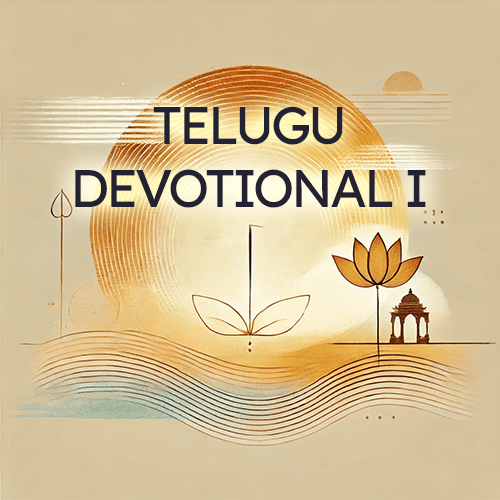
Telugu Devotional Music I
20 lessons
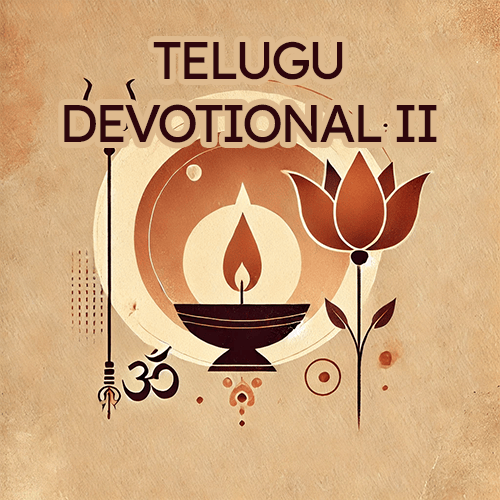
Telugu Devotional Music II
24 lessons
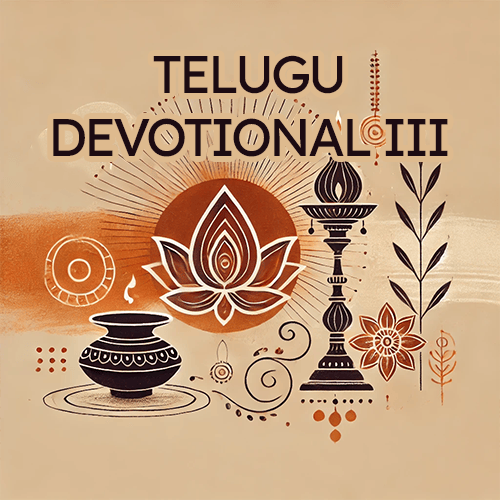
Telugu Devotional Music III
22 lessons
Telugu devotional songs are heartfelt compositions dedicated to various deities, reflecting the rich spiritual heritage of Telugu-speaking regions. These songs blend melodic beauty with profound lyrics, often derived from classical and folk traditions. Performed in temples and during festivals, they invoke devotion and reverence. Their soothing tunes and spiritual messages resonate deeply with devotees.
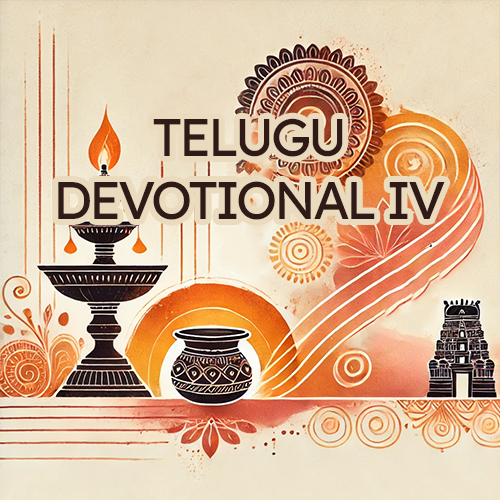
Telugu Devotional Music IV
23 lessons
Telugu devotional songs are melodic prayers that celebrate the divine, rooted in the cultural and religious traditions of Andhra Pradesh and Telangana. These compositions, rich in poetic expression, praise various gods and goddesses. Sung during religious ceremonies and festivals, they inspire devotion and spiritual upliftment. Their lyrical beauty and emotive music foster a deep connection with the divine.
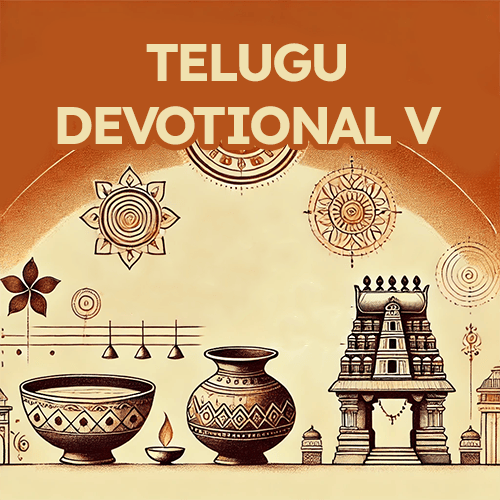
Telugu Devotional Music V
21 lessons
Telugu devotional songs are soul-stirring musical offerings that honor the pantheon of Hindu deities. These songs, often based on classical ragas, combine evocative lyrics with captivating melodies. Commonly performed in temples and at religious gatherings, they enhance the spiritual atmosphere. Their enduring appeal lies in their ability to convey deep devotion and divine love through music.
Tamil
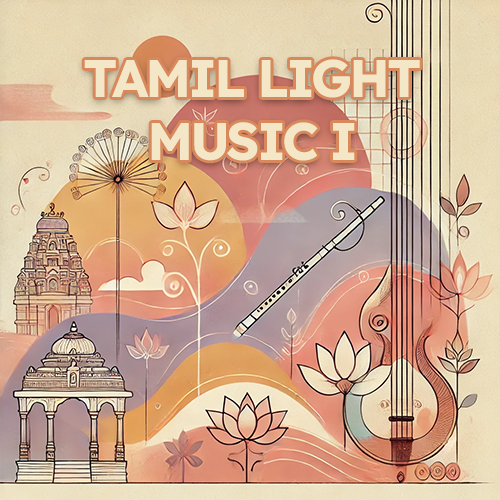
Tamil Light Music I
26 lessons
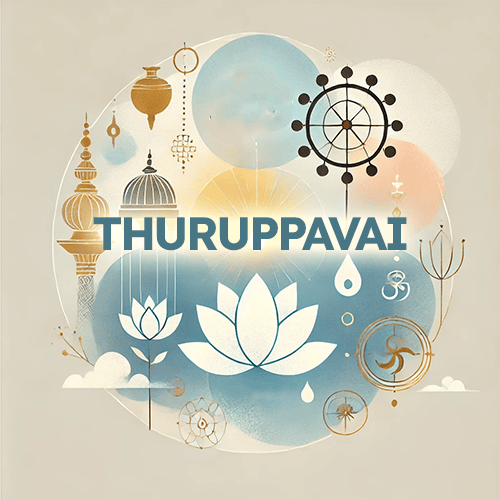
Thiruppavai
30 lessons
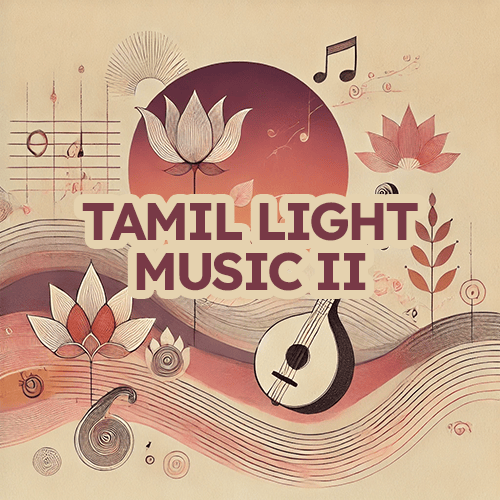
Tamil Light Music II
20 lessons
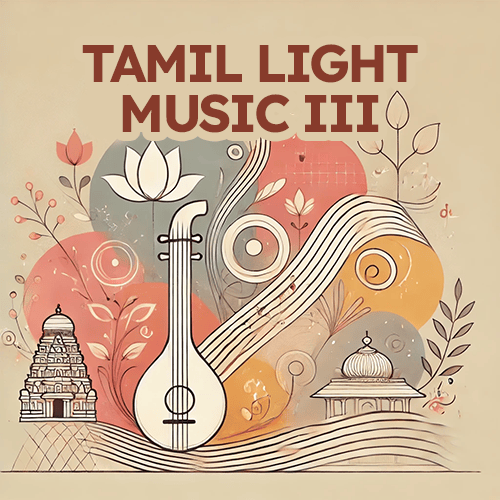
Tamil Light Music III
20 lessons
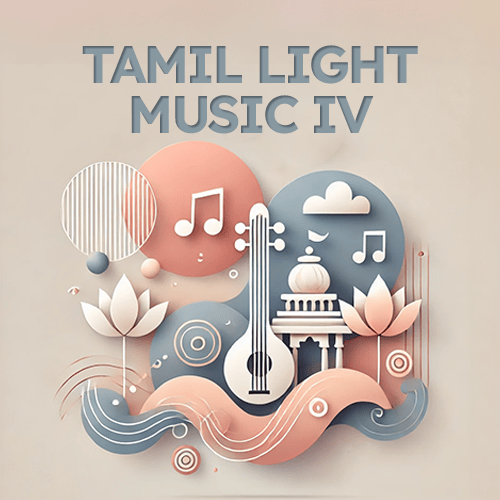
Tamil Light Music IV
21 lessons
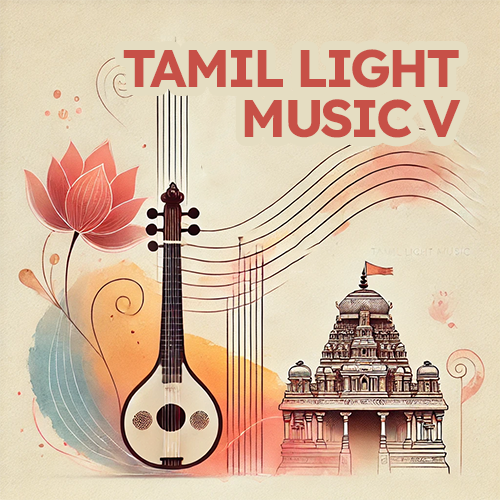
Tamil Light Music V
21 lessons
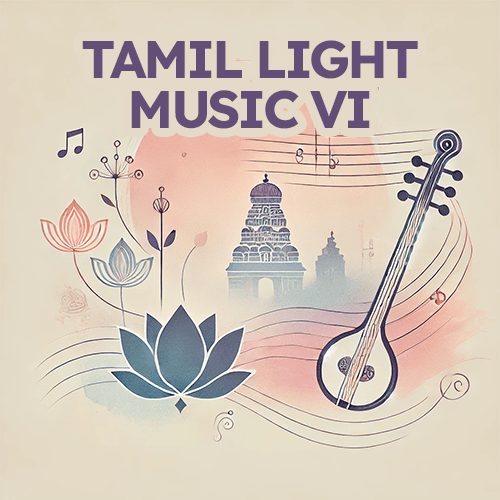
Tamil Light Music VI
20 lessons
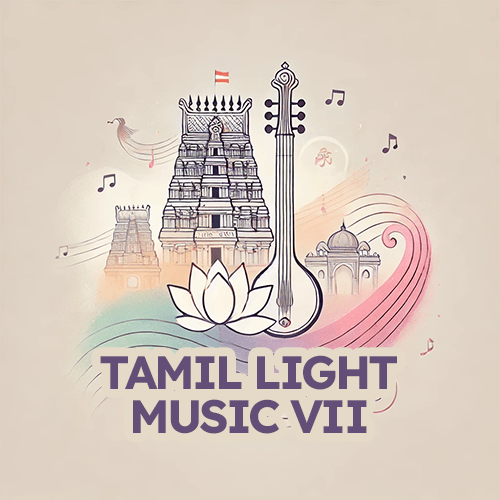
Tamil Light Music VII
17 lessons
Tamil Light Music, or "Isai" in Tamil, is a genre that blends classical Tamil music traditions with contemporary elements, creating accessible and melodious compositions. It encompasses a variety of themes, including love, nature, and everyday life, and is known for its catchy tunes and lyrical simplicity. This genre often incorporates modern instruments alongside traditional ones, appealing to a wide audience. Tamil Light Music is celebrated for its ability to convey deep emotions and cultural stories while maintaining a light and enjoyable musical style.
Vachana
Devaranama
We use cookies to analyze site traffic and improve your experience. By clicking "Accept," you consent to our use of cookies.

